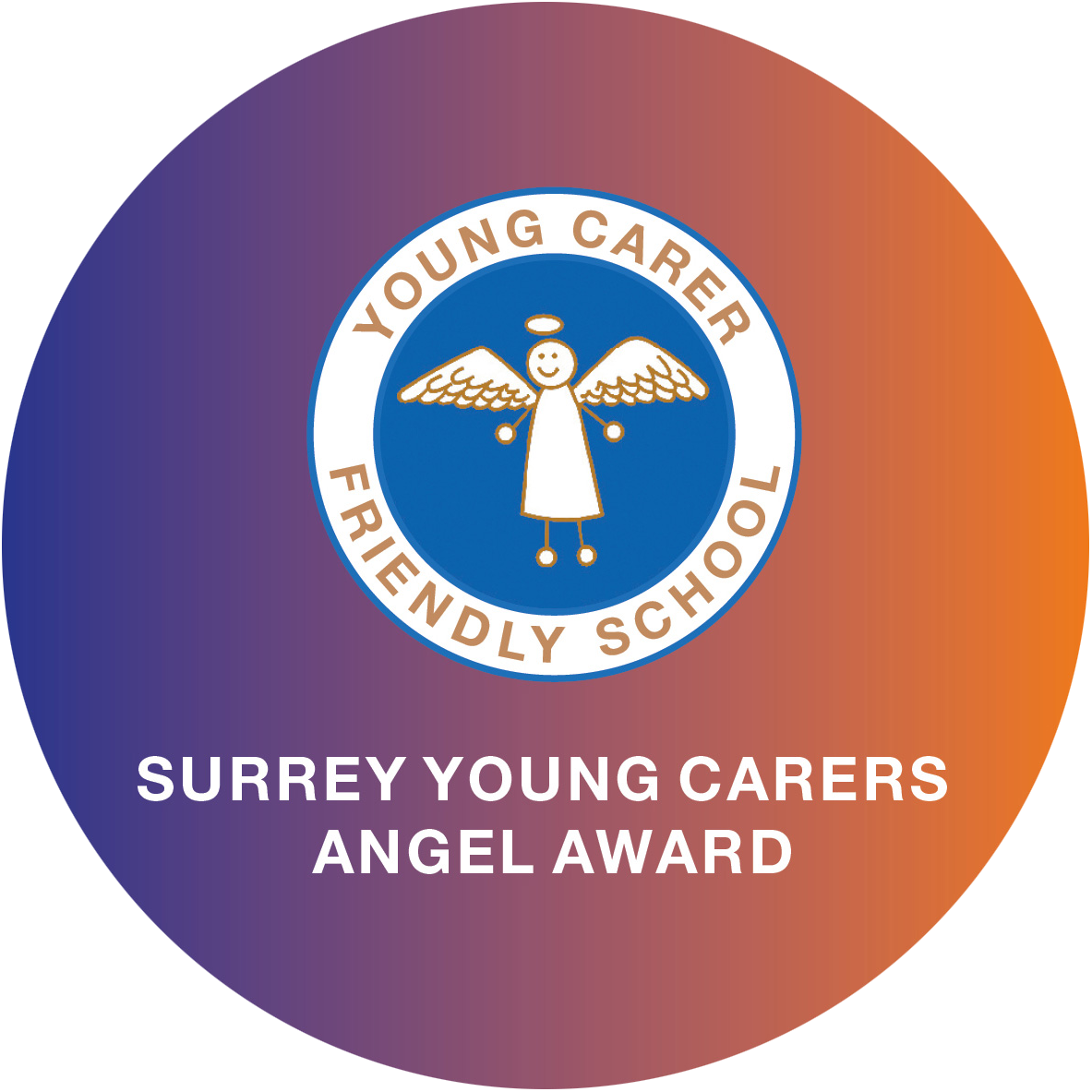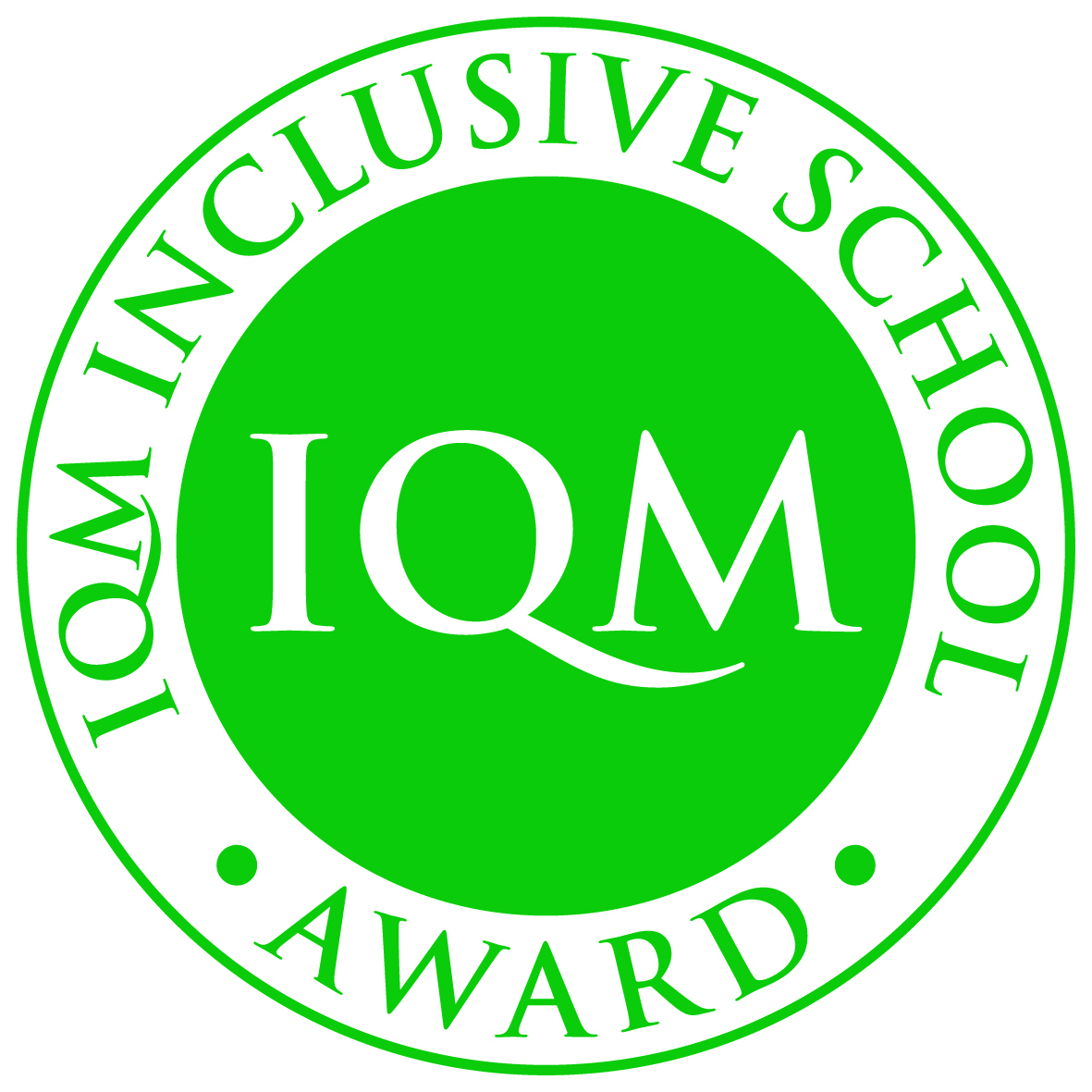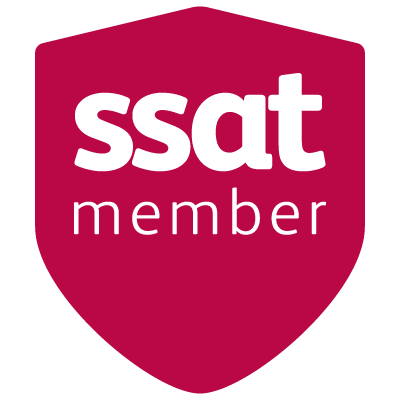Early Years
‘The goal of early childhood education should be to activate the child’s own natural desire to learn.’
Maria Montessori
At St Mary’s we believe in fostering an environment that nurtures the growth and development of our young learners, instilling in them a strong foundation built upon the core values of hope, wisdom, respect, and community. These values are not only significant during their time in the Early Years but also serve as guiding principles throughout their entire educational journey and beyond.
Hope
Hope is a vital value that we encourage all our pupils to embrace. We believe in nurturing a sense of optimism, resilience, and ambition within each child. By promoting hope, we inspire our young learners to approach challenges with enthusiasm, determination, and a belief in their own abilities. We strive to create an atmosphere where children feel supported and encouraged to take risks and explore new possibilities, knowing that they are valued members of our school community.
Wisdom
Wisdom is a value that underpins our holistic approach to education. We endeavour to equip our pupils with the knowledge, skills, and understanding necessary to make informed decisions and navigate the complexities of life. In the Early Years, this is facilitated through a play-based curriculum that allows children to explore, investigate, and discover the world around them. We encourage curiosity, critical thinking, and problem-solving, fostering a love for learning that will stay with them as they progress through their academic journey.
Respect
Respect is a fundamental value at St Mary's, forming the basis of positive relationships amongst our pupils, staff, and wider community. We promote a culture of inclusivity, kindness, and empathy, where everyone feels valued and respected for who they are. In the Early Years, we focus on teaching children to appreciate diversity, embrace differences, and treat others with kindness and consideration. Through our actions and interactions, we aim to foster an environment where respect for oneself, others, and the world around us is at the forefront of all that we do.
Community
Building a strong sense of community is at the heart of our school ethos. We believe in the power of collaboration, teamwork, and shared responsibility. In the Early Years, we encourage children to develop a sense of belonging and connection within their immediate environment, as well as the wider community. We actively involve parents, carers, and local organisations in our activities, as we recognize that the support and involvement of our community play a crucial role in shaping our pupils’ educational experience.



